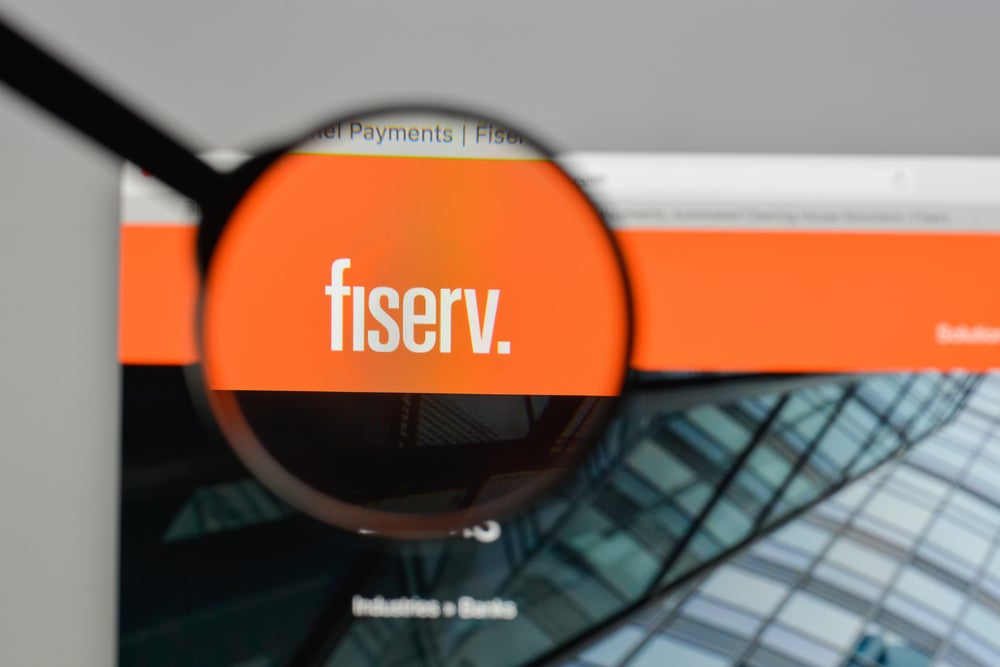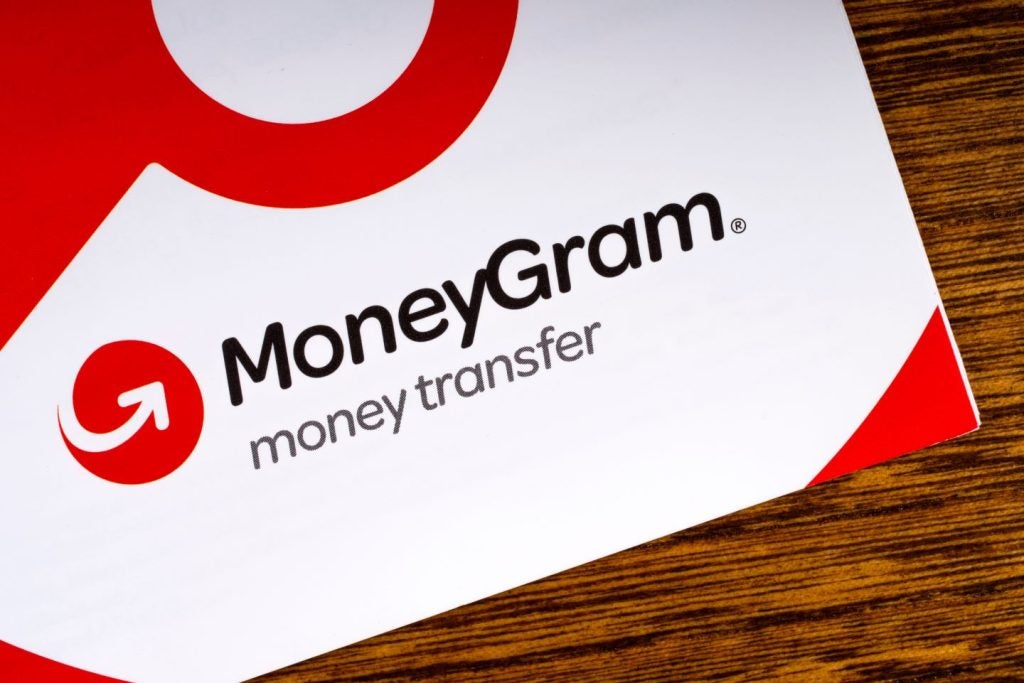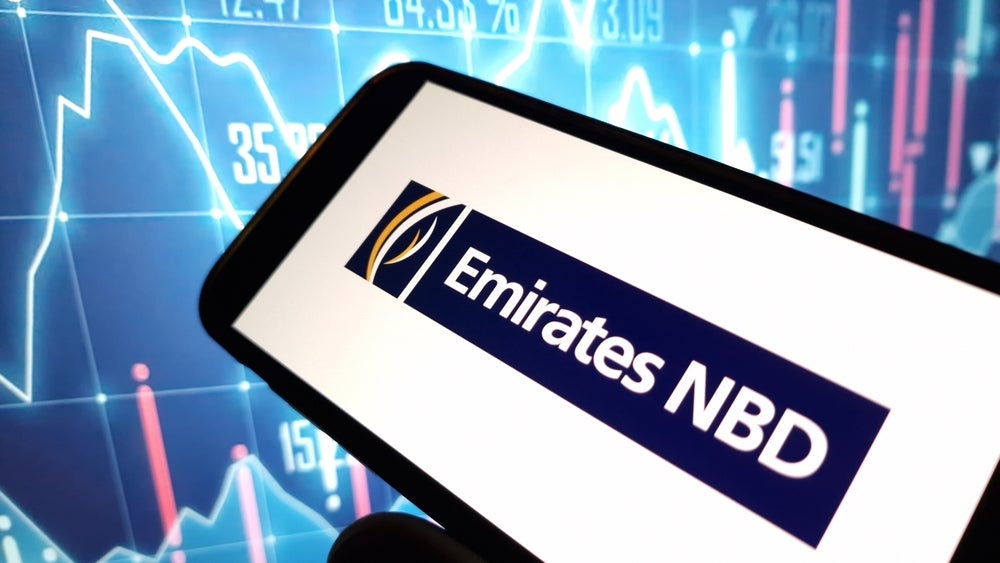
2019 will go down as another exciting year for the sector. And with the year almost at an end, it is the perfect time to look back on 2019 highlights and make some 2020 forecasts.
First off, some 2019 highlights. It has been quite a year for M&A activity.
Fiserv’s deal for First Data, worth $39bn in total and announced in January, set the tone for a bumper year of payments sector deals.
Fiserv and First Data say that the deal enables them to offer account processing and digital banking solutions. In addition, it will offer card issuer processing and network services; e-commerce; integrated payments; and the Clover cloud-based point-of-sale system.
With that deal now concluded, Fiserv is one of the world’s largest payments and technology providers with a market cap of $79bn.
Fiserv share price up by 59% YTD
Moreover, it has been a bumper year for the Fiserv share price. Fiserv’s share price kicked off the year at $73. As of writing, the share price is up a whopping 59.2% at $116.22.
Only two months later in March, FIS agreed a deal worth $43bn to acquire Worldpay. A combined FIS and Worldpay generated revenue of $12.3bn in 2018. The deal represents the largest payment industry deal ever.
Just as with rival Fiserv, it has been a good year for FIS shareholders. The FIS share price is up by 37% for the year to date giving a market cap of $84.5bn.
The wave of consolidation across the sector continued in May, with Global Payments $21.5bn deal to snap up TSYS.
Global Payments share price up by 80% YTD
The deal was an easy one to sell to analysts. Global Payments core business is helping merchants process card, online and mobile payments. TSYS is a leader in helping card issuers accept and clear payments.
And the market also gave three cheers for Global Payments acquisition strategy. For the year to date, Global Payments share price is up by 80% from $100 to $180 for a market cap of $54.2bn.
Meantime, Mastercard and Visa continue to delight shareholders and beat analyst forecasts.
Mastercard’s share price is up from $187 to $289 this year, a rise for the year to date of 54% for a market cap of $289bn.
Visa’s share price is up from $131 to $182, a rise of 39% for the year to date and a market cap of $394bn.
2020 forecasts
Among the most notable product launches of 2019 was the Apple Card. It was notable not just for the hype it generated. The card also features the natty feature of no card number, signature or expiry date.
Any 2020 forecasts have to include the call that we can expect to see more of the same next year. There is huge potential for the popularity of virtual cards to soar due to the peace of mind given to consumers by way of increased security.
A second prediction is a little riskier and that is a tad less political uncertainty in the UK. It may be a little optimistic to make similar forecasts in other markets, such as Hong Kong, Chile and Venezuela. But in the UK, a decisive Conservative general election victory may clear some of the fog. The payments sector will take in its stride the likely rise in the value of a currently undervalued sterling.
Strong customer authentication
A third forecast relates to AI and machine learning. Expect more investment in real-time transactional data analysis to uncover potential criminal activity.
We will hear plenty more about how strong customer identification will play a crucial role in reducing occurrences of fraud in payments. As the staggered rollout of 3DS 2.0 continues, ahead of full compliance with PSD2 in March 2021 there should be plenty of positive news stories about success in fraud prevention.
On a similar theme, Secure Remote Commerce will allow the sector to rethink the online checkout. It removes the need to type card details manually and replaces the card number with a token.
Open Banking still to show its potential
Next up, faster payments. Safe 2020 forecasts must include the expectation of many a breathless press release about an explosion in faster payments.
And then there is Open Banking. 2019 was meant to be the year that Open Banking took off. The kindest summary would be that it has yet to show its full potential. But in an effort to be upbeat about Open Banking, expect to see a significant increase in the adoption of the payments side of Open Banking in 2020.
Finally, a word on regulation. It is safe to forecast further acceleration towards consolidation in payments. One of the best examples is the roadmap to the Eurosystem Single Market Infrastructure Gateway promoted by the European Central Bank.






